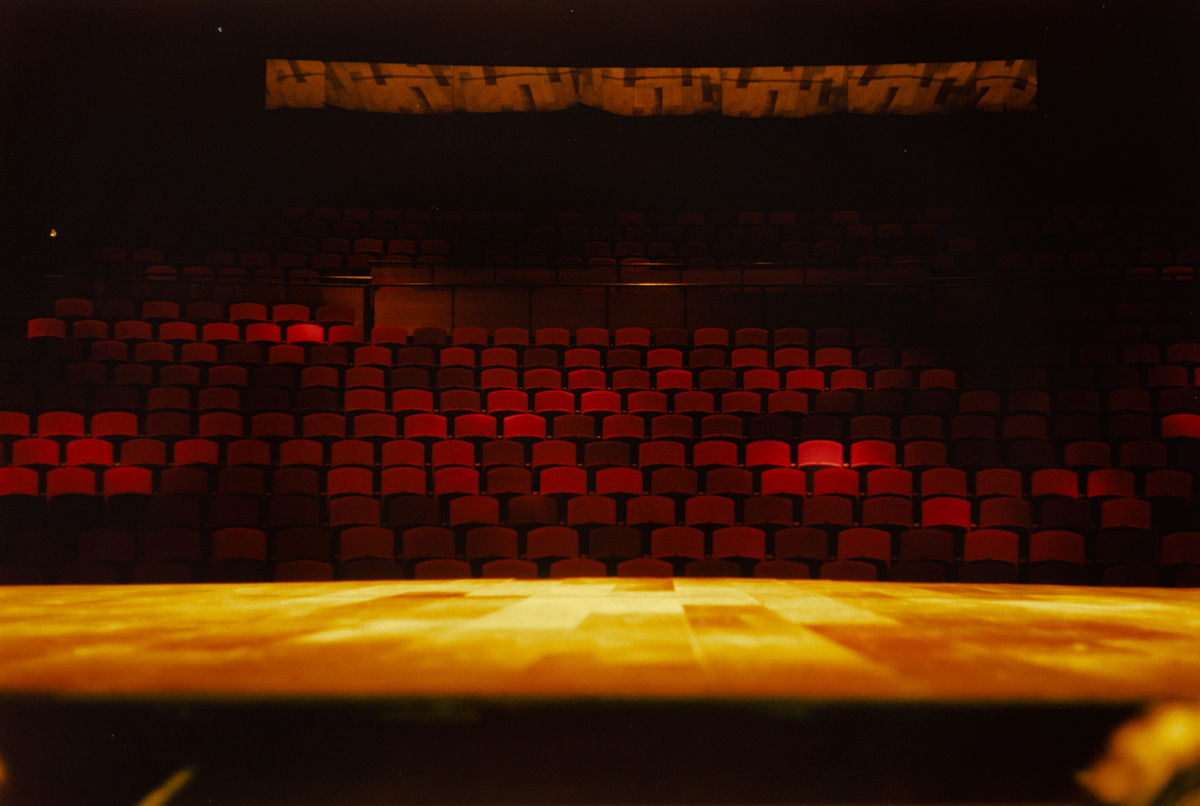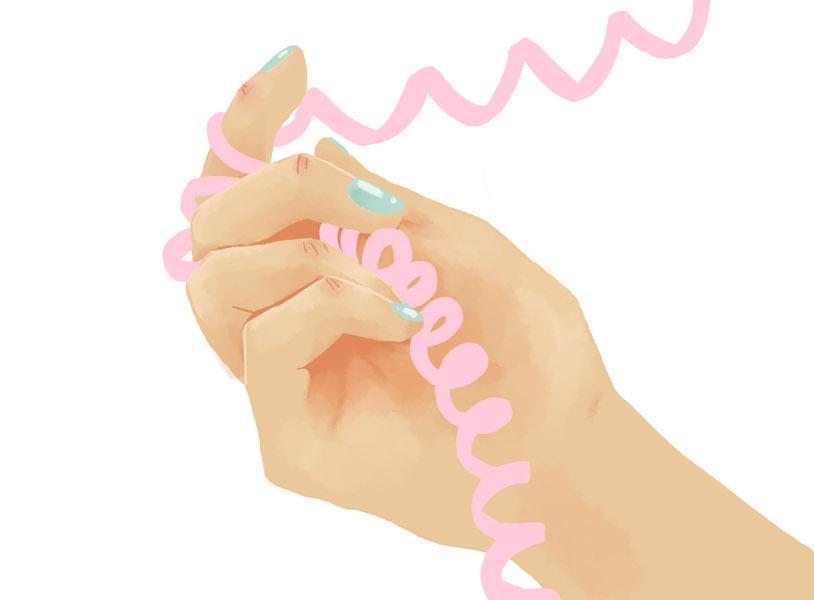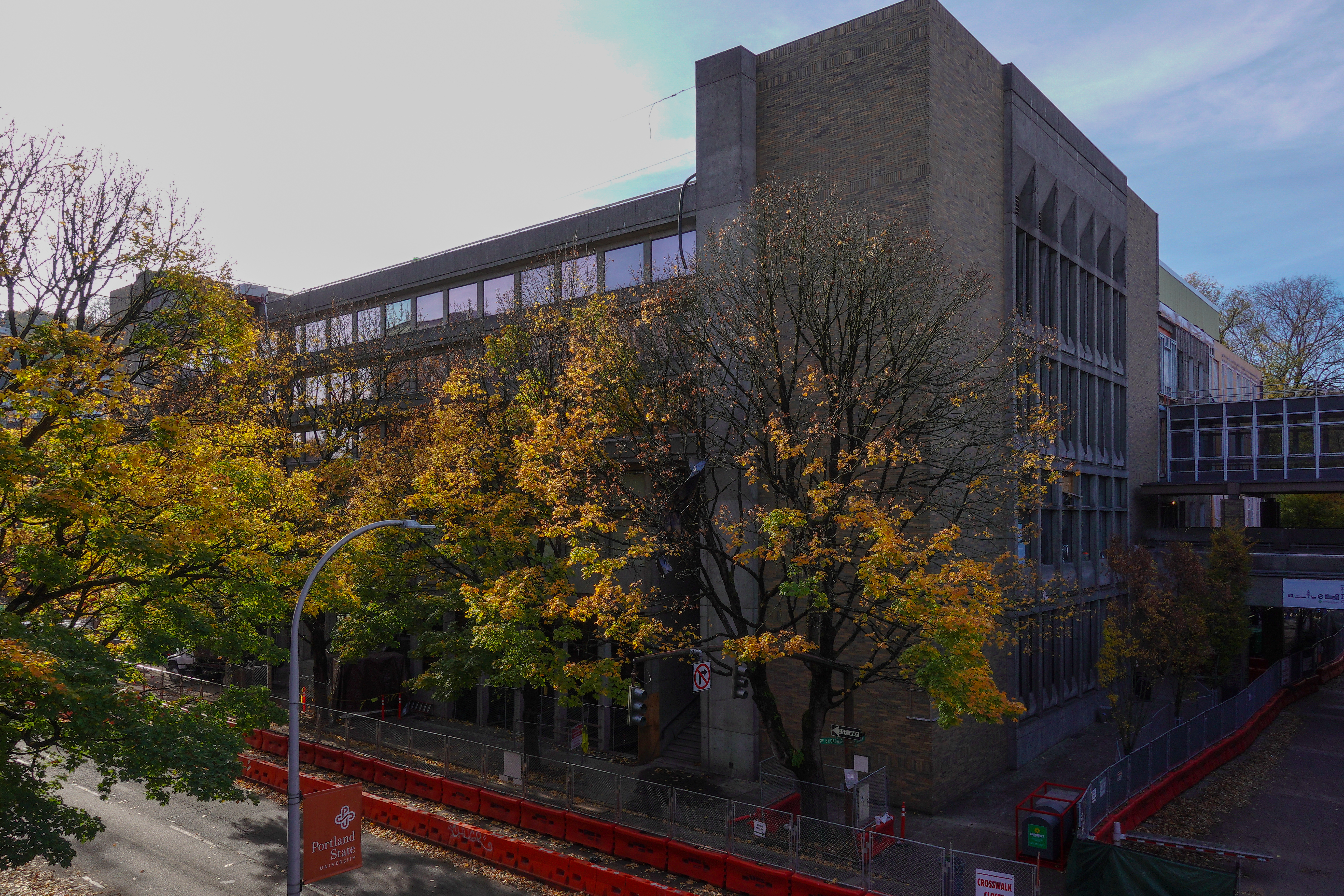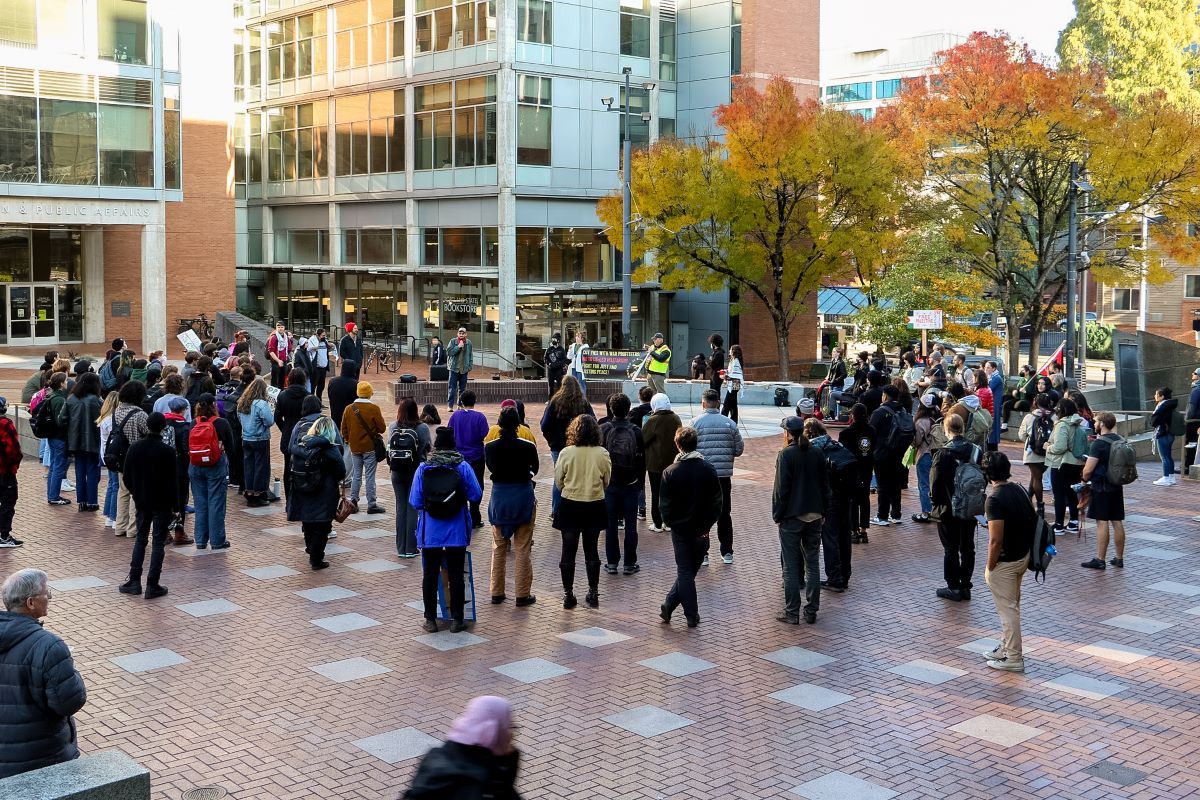Music students and faculty grapple with online courses
“I feel like I’m losing a whole term of work and progress”
The closure of Portland State’s physical campus and the move to online classes has changed the curriculum for students in every major and discipline, but nowhere has the change been so stark as in the School of Music & Theater.
As late as week 10, music students had reason to believe that classes would continue roughly in their usual fashion during spring term. Instructors passed out music to wind symphony students and other musicians to look at over spring break. In many classrooms, no contingency plans had been made for the possibility of mandatory online instruction.
University Communications emailed students and faculty on March 12; the message was that all spring term classes would be conducted remotely through mid-April. Students and faculty in the music department prepared for several weeks of independent practicing in anticipation of a shortened window for group rehearsal.
“My hope is that this will level off mid-April and things will return to normal,” stated George Colligan, head of the PSU jazz studies program, in an email to students on March 12. “Obviously, it’s impossible to recreate the experience of a real ensemble via Skype or D2L. However, everyone, including me, needs to shed! (meaning woodshed, or practice your instrument!) So for my ensembles, I will have stuff to email you that you can work on at home.”
Students shared Colligan’s optimism. “My plan was to return to my parent’s house to weather it out and work remotely,” said Alyssa Tanskley, a music education and performance major. “I was anticipating being back to PSU mid-April to then jump into my ensembles/studio classes.”
That reality shifted on March 18 when PSU announced the full duration of spring term would be online.
The week of spring break became a time of uncertainty and confusion for students in the School of Music & Theater. “A lot of teachers haven’t told me exactly what’s happening [or] changing but a lot of them have admitted it’s going to be weird,” said Ash Phillips, a music education and practices major. “I take things like piano and aural training and those things are near impossible [online].”
“My thoughts got clouded by a lot of anxiety and anger. Being a music major is such a hands-on, collaborative effort, especially in the ensemble setting,” Tanksley said. “At first I couldn’t see at all how it could be done.”
In an email sent to students over spring break, Director of Bands Pat Vandehey clarified his vision for the term.
“Each ensemble director is taking a slightly different route, but all ensembles will be offering what we hope is a meaningful alternative to gathering, rehearsing and performing, which is now impossible.”
Vandehey went on to explain the shape of the symphonic bands to come. Students in both of PSU’s wind ensembles will spend their spring term listening to recordings of pieces that, under normal circumstances, would have been rehearsed and performed. Vandehey and students will meet in a discussion group on Zoom during normal class time to discuss assigned listening. Students will submit recordings of their parts on the pieces as midterms and finals.
“Ok, I know what you all are thinking,” Vandehey stated at the close of his email, “This in no way replaces performing in an ensemble. There is no way to do that. This is the most viable option we could come up with in a very short amount of time.”
A similar curriculum has developed in the jazz program. “None of my classes are on Zoom and all are on D2L. It’s primarily just video tutorials and assignment submissions,” Mars Horner, a jazz major, said. “For my combo class it’s a series of tunes to work on weekly and stuff to transcribe, we also have to submit videos of us playing from time to time.”
Although instructors worked to create a worthwhile experience for music students, many question whether it’s worth the full cost of tuition.
“I’m definitely not getting my money’s worth…I feel like I’m losing a whole term of work and progress,” Phillips said.
Tanksley, an upright jazz bassist, agreed. “I do not feel I am getting my money’s worth. I am paying to receive hands-on and in-person [instruction] and I am not receiving that. I am grateful for my professors trying to make the most of it, but I am paying to be in an environment playing and collaborating with other musicians in ensembles and it isn’t the same navigating that online.”
It remains unknown when PSU musicians will be able to re-enter Lincoln Hall and rehearse with each other. Currently the building, along with others on PSU campus, remains closed to students—including practice rooms, which music students pay to access. Until then, Tanksley and others in the program will continue to grapple with the daily challenges of online curriculum.
“A major aspect has been stripped from me for the remainder of the academic year, and I am still grieving that,” Tanksley said.






